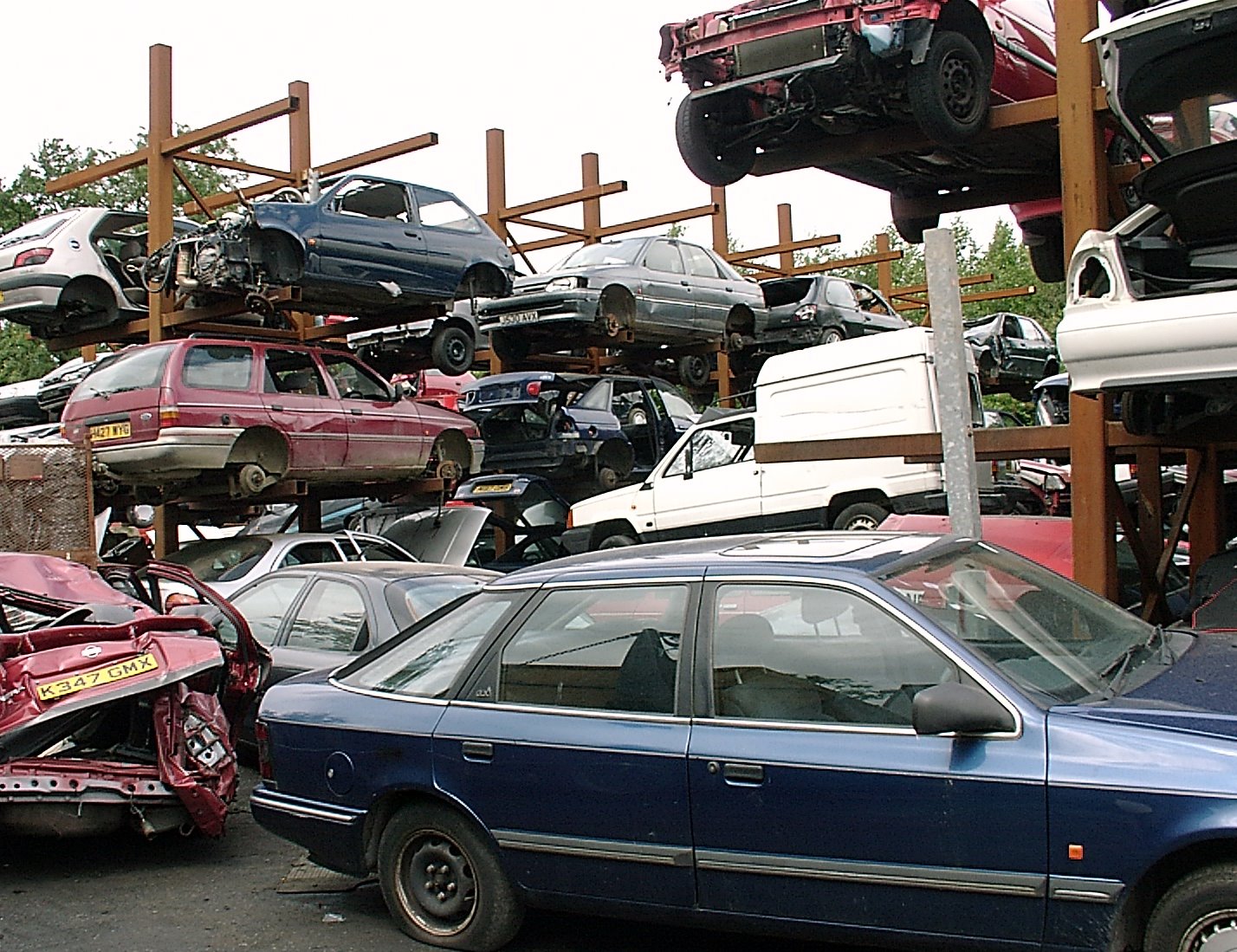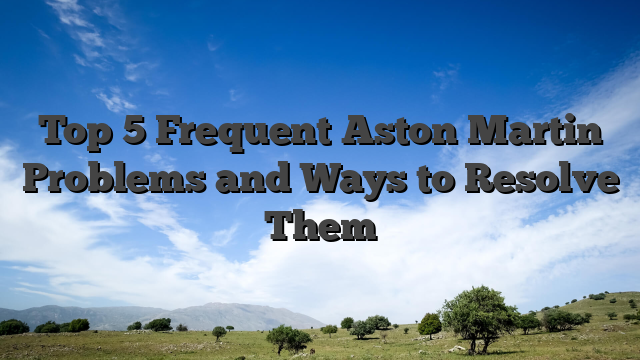Introduction: Buying a used car can be a savvy and cost-effective decision, but it requires careful consideration and a strategic approach. In this comprehensive guide, we’ll explore essential tips and tricks to ensure you make a smart investment when purchasing a pre-owned vehicle. Additionally, we’ll touch upon a unique aspect – “cash for flood damaged cars” – shedding light on what to watch out for in the used car market.
- Set a Realistic Budget: Before diving into the world of used cars, determine a realistic budget that not only includes the purchase price but also accounts for potential maintenance and repairs. Knowing your financial boundaries will help narrow down your options and prevent overspending.
- Research Extensively: Knowledge is power when it comes to buying a used car. Research different makes and models, considering factors such as fuel efficiency, reliability, and maintenance costs. Online reviews, forums, and expert opinions can provide valuable insights into the long-term performance of specific vehicles.
- Check the Vehicle History Report: One of the most critical steps in the used car buying process is obtaining a vehicle history report. This report reveals crucial information about the car’s past, including accidents, title issues, and odometer readings. It’s a reliable way to ensure transparency and make an informed decision.
- Inspect the Car Thoroughly: Always perform a meticulous inspection of the used car, both visually and mechanically. Look for signs of wear and tear, uneven tire wear, and any unusual sounds during a test drive. If you’re not confident in your ability to assess the car’s condition, consider bringing a trusted mechanic along for a professional opinion.
- Consider Certified Pre-Owned (CPO) Options: Opting for a Certified Pre-Owned vehicle can provide additional peace of mind. CPO programs typically include a thorough inspection, extended warranty, and other benefits, ensuring that the car meets specific quality standards.
Cash for Flood Damaged Cars: In recent years, flooding has become a significant concern in the used car market. It’s crucial to be vigilant and aware of the signs of flood damage, such as musty odors, water stains, or corrosion. Always check the vehicle history report for any indications of flood damage. If you encounter a seller offering “cash for flood damaged cars,” proceed with extreme caution and thoroughly inspect the vehicle for hidden issues.
- Negotiate Effectively: Don’t be afraid to negotiate the price when buying a used car. Armed with your research and inspection findings, you can leverage this information to secure a better deal. Be firm but fair in your negotiations, aiming for a price that aligns with the vehicle’s condition and market value.
- Explore Financing Options: While some buyers opt to pay in cash, many choose to finance their used car purchase. Explore financing options, compare interest rates, and pre-arrange your loan to streamline the buying process. Knowing your budget and credit score will help you secure the best financing terms.
8. Explore Online Marketplaces: In today’s digital age, online marketplaces have become a valuable resource for finding used cars. Platforms like Autotrader, Craigslist, and Facebook Marketplace offer a wide range of options. However, exercise caution and be diligent in verifying the legitimacy of sellers and the accuracy of the listed information.
9. Be Mindful of Depreciation: Understand that most cars experience significant depreciation in their first few years. Consider this factor when evaluating the value of a used car. Choosing a model that has already undergone the steepest part of its depreciation curve can be a financially wise decision.
10. Test Drive Multiple Options: Before committing to a purchase, take the time to test drive multiple cars. This allows you to compare how different models feel on the road, helping you make a more informed decision about the driving experience, comfort, and overall condition of each vehicle.
Cash for Flood Damaged Cars Reminder: Given the increased prevalence of flood-damaged cars in the market, it’s crucial to reiterate the importance of being vigilant. If a seller repeatedly emphasizes “cash for flood damaged cars,” it could be a red flag. Always insist on a comprehensive inspection and, if possible, involve a trusted mechanic to ensure the vehicle’s integrity.
11. Verify Ownership Costs: Beyond the initial purchase price, consider the long-term ownership costs, including insurance, maintenance, and fuel. Some cars may have lower upfront costs but higher ongoing expenses, so it’s essential to strike a balance that aligns with your overall budget.
12. Attend Local Dealership Events: Many dealerships host special events or sales promotions. Attend these events to gain access to a wide variety of used cars and potentially benefit from special pricing or promotions. Building a relationship with a reputable dealership can also provide added peace of mind during the buying process.
13. Check for Recalls: Before finalizing your decision, check for any outstanding recalls on the specific make and model you’re interested in. The National Highway Traffic Safety Administration (NHTSA) website allows you to enter the Vehicle Identification Number (VIN) to see if there are any safety recalls that need attention.
14. Get a Pre-Purchase Inspection: Even if a used car appears to be in good condition, getting a pre-purchase inspection is a wise investment. A professional mechanic can uncover potential issues that may not be immediately apparent, giving you further leverage in negotiations and ensuring you don’t encounter unexpected problems down the road.
Conclusion: Buying a used car requires careful planning and a systematic approach. By setting a realistic budget, conducting thorough research, checking the vehicle history report, inspecting the car, considering CPO options, and negotiating effectively, you can navigate the used car market with confidence. Always stay vigilant, especially when dealing with potential risks like flood-damaged cars. Following these tips and tricks will empower you to make an informed decision and drive away in a reliable, well-priced used vehicle. Given the increased prevalence of flood-damaged cars in the market, it’s crucial to reiterate the importance of being vigilant. If a seller repeatedly emphasizes “cash for flood damaged cars,” it could be a red flag. Always insist on a comprehensive inspection and, if possible, involve a trusted mechanic to ensure the vehicle’s integrity.




